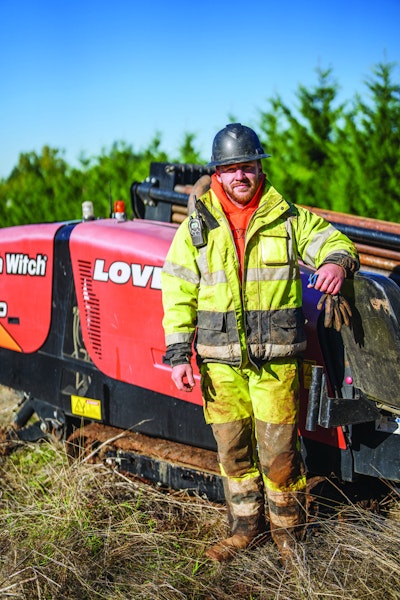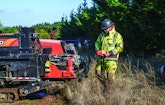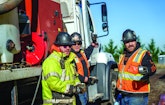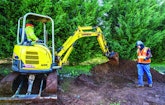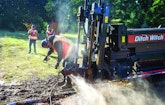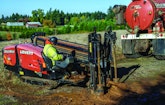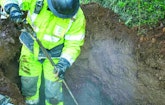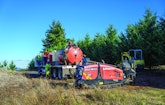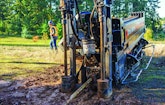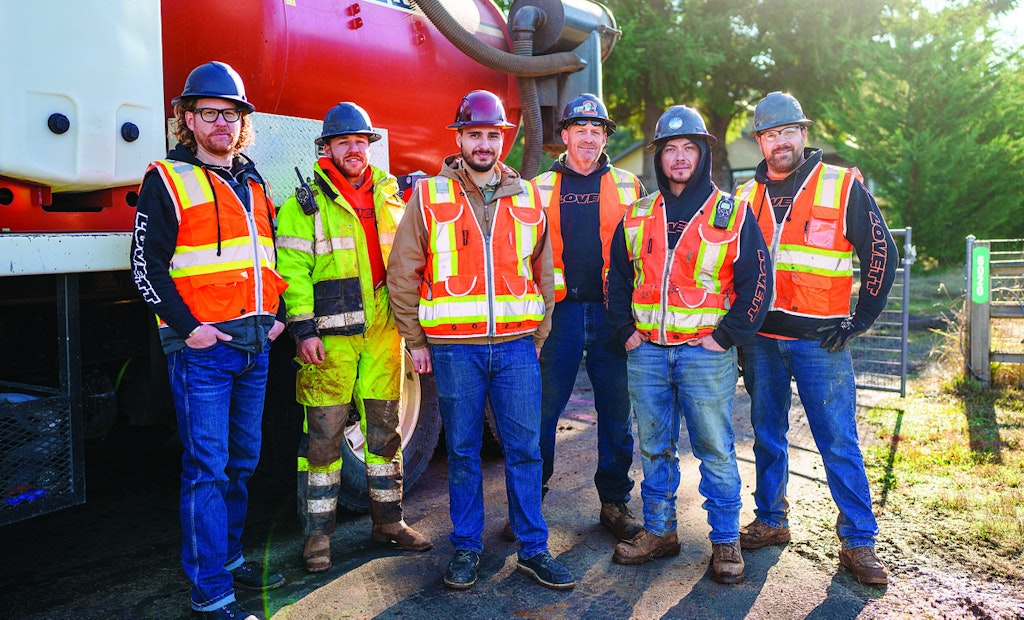
Lovett Services is 125 employees strong, including (left to right) Aaron Sawyer, corporate communications manager; Donovan Manchego, directional drilling operator; Ivan Memmer, field safety coordinator; Stephen Dahlstrom, directional drilling operator; Tylo Hartford, directional drilling foreman; and Brandon Myrick, directional drilling operator.
Lovett Services is not a typical construction-services company.
From performance reviews for field workers and reading assignments for all employees to guerilla marketing tactics and an on-site bookstore to a corporate culture that emphasizes continuous learning and improvement,...
